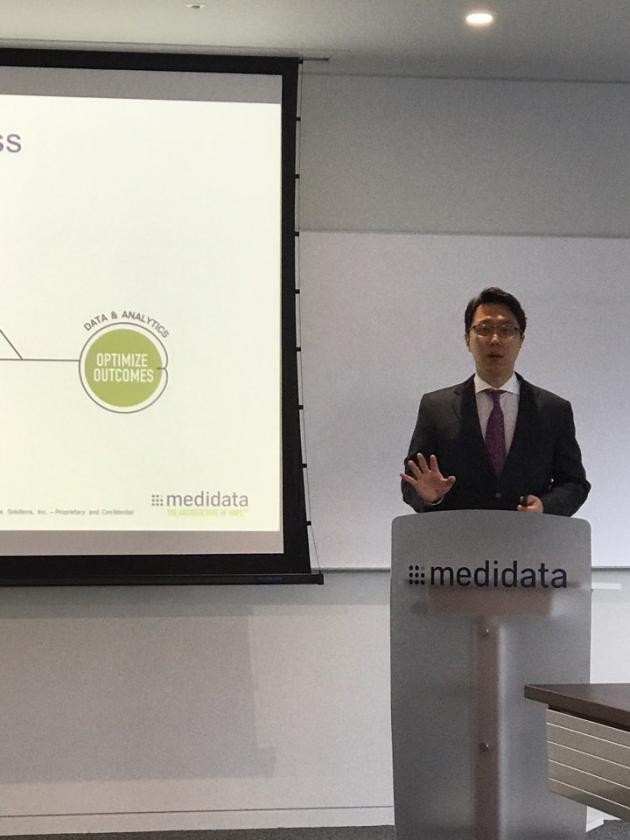Medidata said it is aiming to play a larger role in the field of clinical research through big data.

Medidata started with a cloud-based life sciences technology dedicated to improving clinical research. The company’s underlying model is to provide efficient methods to pharmaceutical companies in all phases of planning, design, implementation, management, analysis and reporting in conducting clinical trials. It is one of the largest clinical research data holder’s worldwide with over 13,000 clinical research data and four million patient registries.
This year, the company has increased its domestic clients from 29 institutions last year to 48 in the first quarter of 2017. It has also expanded its platform in China, Japan, Singapore and Australia.
The company expects that future success of new drug development depends on whether or not big data is present in the clinical trial process. The new goal toward big data comes amid current limits in the field of clinical research stemming from colossal trial expenses, fragmented solution landscapes and a lack of insight despite more data.
“In the past the volume of the data was important, but now it is more important to have proper and related data to the research,” said Chris Shim 심현종, Medidata senior regional sales director in Korea, South East Asia, Australia and New Zealand.
Shim stressed that the field of clinical research would undergo massive changes in the future as more data is available about the specific lifestyle of a patient.
“Although the exact moment on when such changes will happen varies, it will inevitably come, and when it does it will change clinical research design and drug development,” Shim added.
To support the future clinical trial, the company expanded data gathering from the existing clinical trials, operations, and financial data. It also collects patient information, life-log, and genomic data to fully operate their big data platform to support a more advanced clinical trial.
Expanding their limits on collecting big data does not mean the company cut back on security, Shim stressed.
“Medidata does not collect patients’ personal information, but deals with ‘refined data,’ collected through the company’s algorithm,” Shim said. “We will enhance our company’s competitiveness in big data with specialized algorithm data for each index such as disease.”

